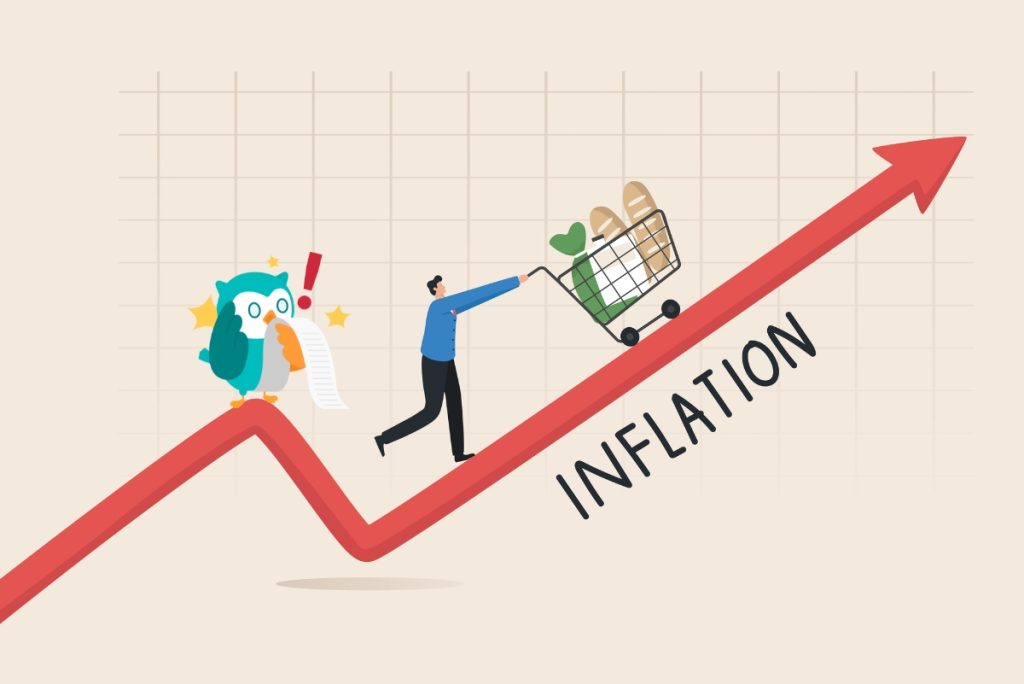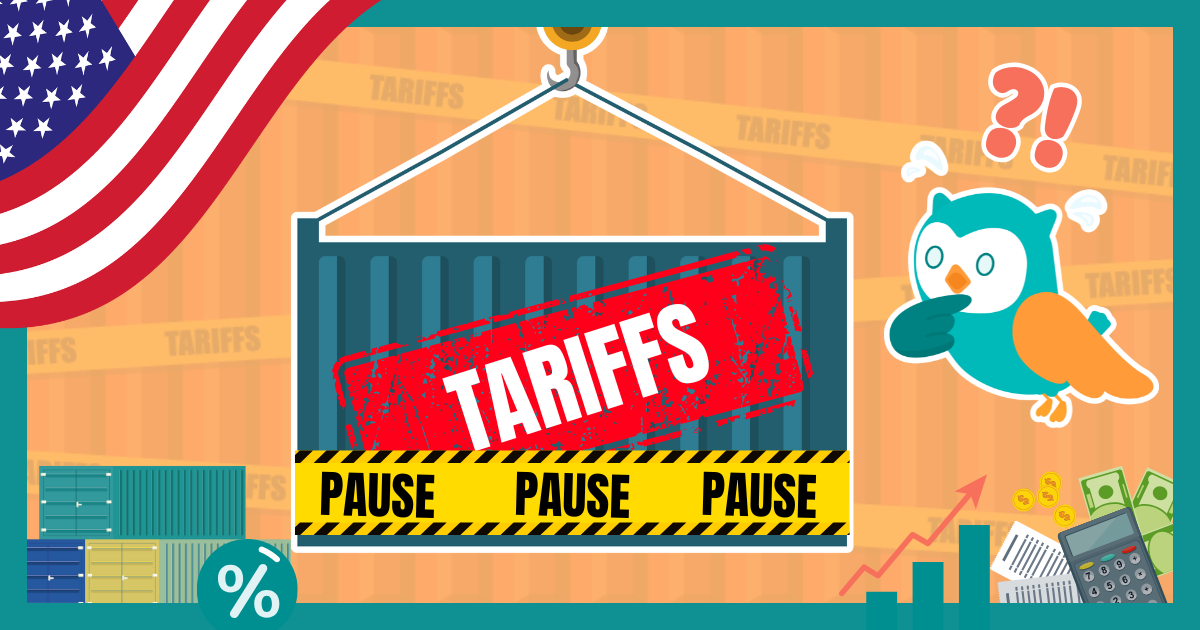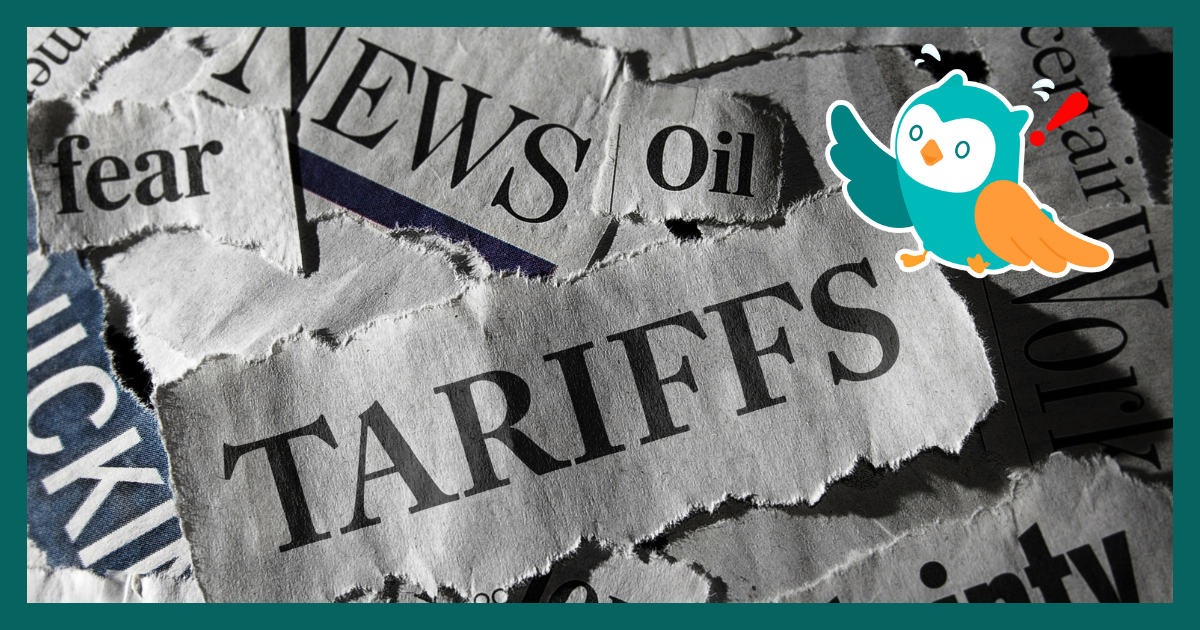Note: It was announced in November 2023 that MoneyOwl will be acquired by Temasek Trust to serve communities under a re-purposed model, and will move away from direct sale of financial products. The article is retained with original information relevant as at the date of the article only, and any mention of products or promotions is retained for reference purposes only.
______________
Those who follow financial markets would have been pretty entertained by an action-packed start to the year. Optimism around China’s reopening after three years of Covid restrictions struck a high note in January but was followed by a limp February where the Fed’s ‘higher for longer’ rhetoric sent markets reeling. And to cap it off, the banking blow-up during a manic March saw the collapse of Silicon Valley Bank, Signature Bank, and Credit Suisse, threatening another financial crisis. Remarkably, despite all this, the broad-based S&P 500 ended the first quarter up 7%. However, the path was far from straight-forward, with asset prices bobbing around looking for direction on whether the Fed will push on with more rate hikes and risk further meltdowns like with the banks, or hit the pause button and risk higher inflation.
Better to hold cash in the meantime then? Not necessarily.
A question we often get asked by our clients, especially after a torrid 2022 for markets, is whether it’s better to hold cash rather than invest. After all, the yields on cash instruments are the highest it’s ever been since just before the global financial crisis. Our answer has been consistent through the turbulence of the last few years and even more so recently as we start to see rising and persistent inflation. While cash has long been considered a safe and convenient way to hold onto wealth, as time goes by and the world economy evolves, the value of cash can diminish significantly due to inflation. Inflation, as we know, refers to the general increase in prices of goods and services over time, eroding the purchasing power of money. All of us would have experienced this in some way. A trip to the hawker centre for lunch back in 2010 might have cost you $4.50 or so, whereas the same today would likely set you back by $6 according to a recent study by the Institute of Policy Studies (IPS). The effect is more pronounced for larger ticket items like education, where a four-year local university course for Singapore citizens would have cost around $28,000 on average in 2010, but is closer to $38,000 today, excluding the cost of living expenses for the student. Not to mention housing, where the recent news of a new condominium in Katong launching at an average selling price of $2,465 per square foot (psf) made me do a double take. These can have significant repercussions on an individual’s long-term financial goals.
To further illustrate how inflation eats away at the value of your money over time, consider if you had $10,000 at the start of 2010 and decided to put it under your mattress. Today, the real purchasing power of that money would be worth a little over $7,800, meaning you can buy less with the same amount of money now. While bank deposits and other cash solutions are enjoying a golden period right now, don’t forget that deposit rates had been low for a long time before this, so putting the same money in savings deposits would not have fared much better.

In contrast, if you had invested the $10,000 into a globally diversified equity portfolio, you would have nearly doubled your money to just under $20,000 by now, net of inflation. And this was despite the walloping that markets took last year which saw global indices decline by close to 20%. If we were to extrapolate this to 2030 using the average rates for inflation, savings, and real investment returns between 2010-2022, the cash would be worth even less at $6,700, whereas the value of the investments would have tripled due to higher potential returns and the effect of compounding.
So, what’s next?
While cash may seem like a safe option, stockpiling too much of your wealth in it could mean not being able to afford the same lifestyle or consumption habits in the future. Cash management solutions like T-bills and Singapore Savings Bond (SSB) give a good yield now, and yes, you should make hay while the sun shines and put some of your cash to work there. However, Singapore’s headline inflation is currently at 6.3%, which outpaces the returns of these cash instruments.
To hedge against inflation and preserve or grow your wealth, you should have a long-term investment strategy in place. It may require you to have a well constructed, low cost, diversified portfolio that fits your risk appetite, as well as the patience and discipline to ignore short-term market fluctuations and stick with the plan. A trusted financial adviser who can help you sharpen your financial goals and walk alongside you through the years would be invaluable too. This is our social mission at MoneyOwl, so do reach out to us if you have any questions or concerns.
Yours Sincerely,

Harry Ch’ng, CA, CFA
Chief Financial Officer and Deputy Chief Investment Officer
MoneyOwl
Disclaimer:
While every reasonable care is taken to ensure the accuracy of information provided, no responsibility can be accepted for any loss or inconvenience caused by any error or omission. The information and opinions expressed herein are made in good faith and are based on sources believed to be reliable but no representation or warranty, express or implied, is made as to their accuracy, completeness or correctness. Expressions of opinions or estimates should neither be relied upon nor used in any way as indication of the future performance of any financial products, as prices of assets and currencies may go down as well as up and past performance should not be taken as indication of future performance. All investments carry risk. The author and publisher shall have no liability for any loss or expense whatsoever relating to investment decisions made by the reader.




